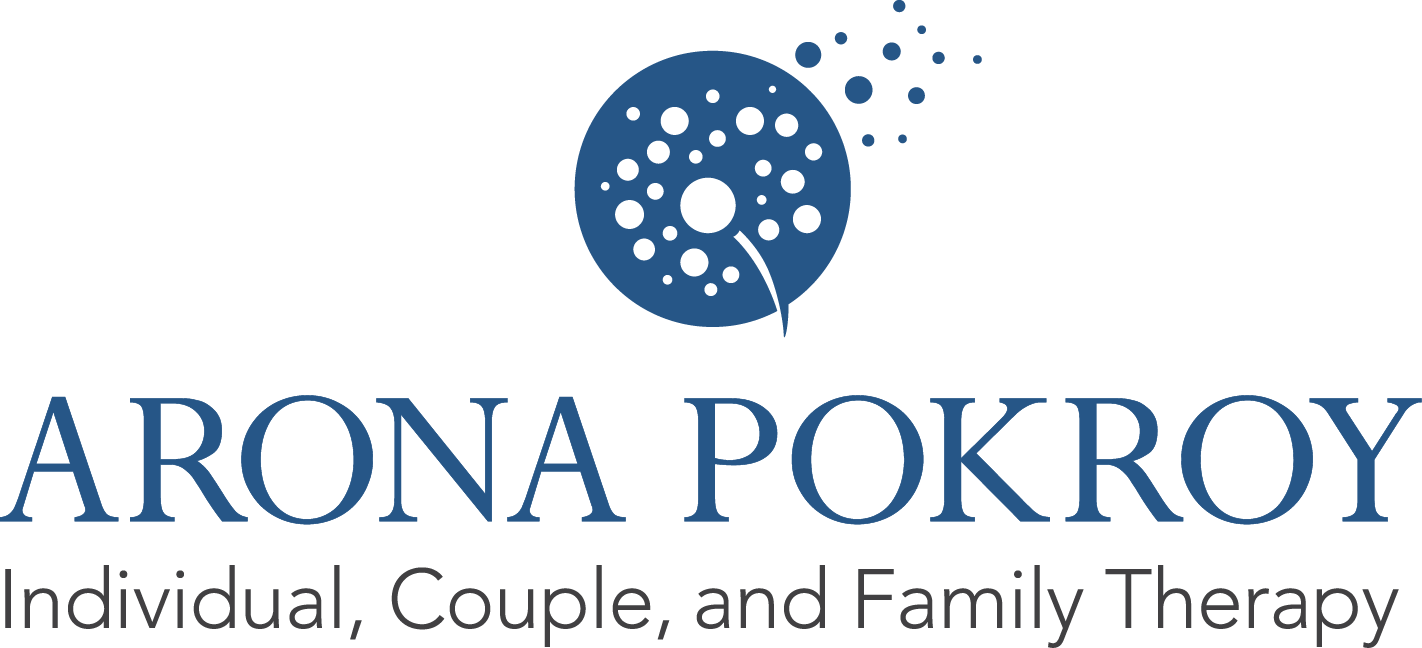Perinatal Issues
Pregnancy and labor are natural processes. What happens when things do not go as planned?
What are Perinatal Issues
The perinatal period includes the pregnancy, delivery, and the year after delivery. Challenges that may occur during this time include:
- Postpartum depression
- Traumatic birth
- Pregnancy loss
- Stillbirth
- Changing roles
Postpartum Depression
Postpartum depression is common and can be treated. Unfortunately, it is sometimes overlooked. Some symptoms are feeling sad or anxious, being unable to concentrate, having a hard time caring for the baby, sleeping too much or too little, feeling helpless, hopeless or worthless.
Causes can vary and be a mix of biological, emotional, and environmental.
A new addition to the family can be both exciting and stressful at the same time. Mom, Dad, and siblings need to adjust to a new situation. Add on to that lack of sleep and it makes sense that you may be feeling overwhelmed with less coping skills than usual.
Sometimes, the postpartum period may emphasize or worsen other issues that you were dealing with before. After having a baby, you may feel that you have less physical and emotional energy. This can cause issues that you were managing before to seem unmanageable and overwhelming.
Having a good support system in place is helpful. On the other hand, dealing with stressful situations may make your depression worse.
It is helpful to use self care skills such as finding time to do things you enjoy, speaking to supportive family members and friends, eating well and getting enough sleep.
With the right support you can start feeling stronger, hopeful,and more energetic.
Traumatic Birth
While birth is a natural process, at times the unexpected may happen. For example, emergency cesarean, premature birth, threat of life to mom or baby are some issues that may leave you traumatized. Therapy can be helpful in working through these types of trauma and getting you back to yourself.
Neonatal and Pregnancy Loss
Unfortunately, not all pregnancies end well. Miscarriages are not uncommon in the first trimester. Stillbirths, loss after 20 weeks gestation, and neonatal deaths are less common, but do happen. Whatever the cause, neonatal and pregnancy loss can be devastating.
You may feel shock, anger, helpless, or worry about the viability of future pregnancies. This can be a time of grief and uncertainty. It may also bring up other losses that you have had. It may shake up your belief system or your sense of who you are.
While grief is a natural process it can be helpful to have a place to work it through.
Changing Roles and Overload
Becoming a parent or having another child can bring much joy. It may also add more stress.
Women in today’s world often need to meet many demands. This can sometimes lead to feeling overwhelmed, anxious, and confused.
Sometimes, finding the “I in the storm” is what is needed. Who am I? What are my priorities? How can I create more time and resources for myself? How do I juggle my different roles in a way that is in line with my values?
For some women, just being mindful of the reasons for their choices can be helpful. Other women may want to make some thought out and concrete changes in their lives to better balance their different roles.
*{“I in the storm” is a play on words used by Richard Schwartz, founder of IFS therapy.}
